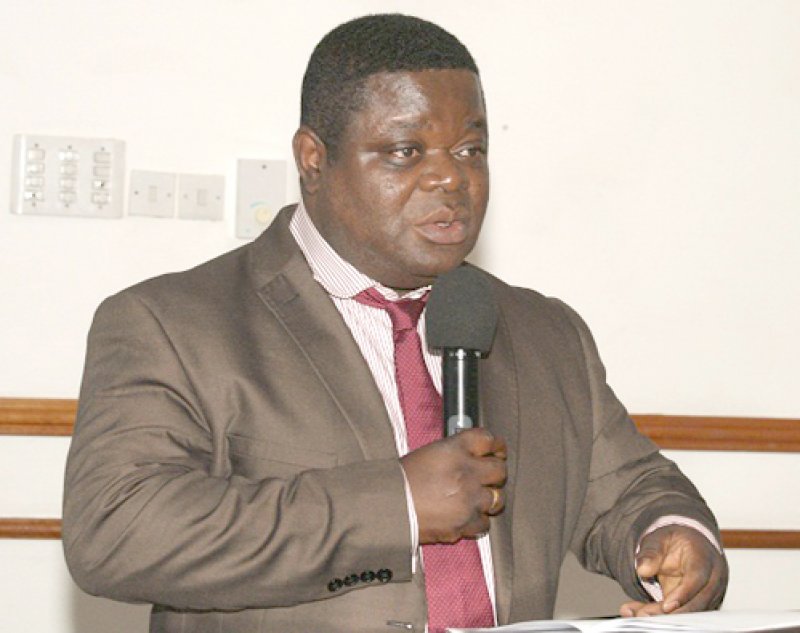Professor Peter Quartey, the Director, Institute of Statistical, Social and Economic Research (ISSER), University of Ghana, said Ghana needs to expand her resources to meet the growing population needs for sustainable growth.
He said population growth came with demands for infrastructural development like hospitals, schools, and roads to address the inequality gap, especially in regions with higher growth.
Prof Quartey said this in an interview with the Ghana News Agency in Accra on the provisional results of the 2021 Population and Housing Census, which put the country’s growth rate at 2.1 percent.
The Ghana Statistical Service (GSS) on Wednesday, September 22, 2021, released the country’s provisional population figure of 30.8 million, which showed an increase of 6.1 million people from the 2010 population figures of 24.6 million.
The 2021 census constituted an annual inter-censal growth rate of 2.1 percent compared to 2.5 percent in the 2010 census.
The population change, according to the release, was driven by three processes -fertility, mortality and migration.
Prof. Quartey said it was advisable that the population growth rate was moderated because the 2010 growth rate of 2.5 percent meant that the country’s livelihood did not improve much.
The 2021 population rate, he said, meant that the country needed to find more resources to increase its economic resilience and that should be done strategically.
The Greater Accra, according to the 2021 Census, is now the most populous region in the country with 5,446,237 figures, followed by Ashanti Region with 5,432,485.
Prof Quartey said with Accra leading the regional population figures meant government needed to address the rural-urban migration challenges, which often led to congestion, crimes and other social vices.
He urged government to decentralise governance so that jobs and other resources would be fairly distributed to open up the regions and communities for growth.
Prof Quartey called for the generation of quarterly data for unemployment and Gross Domestic Product for strategic short and long term planning.
The 2021 Census provided important information to support evidence-based implementation of the national development agenda, tracking of achievements of the Sustainable Development Goals, and Agenda 2063 of the African Union.

